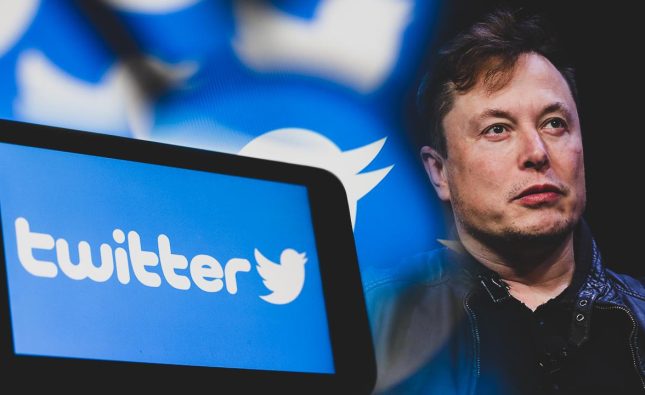
Introduction
Are you concerned about how social media platforms handle your personal information? Do you often wonder if big tech companies are infringing on your privacy rights? In today’s digital age, it is vital to be aware of the impact that social media has on our personal information sharing. With the increasing number of data breaches and scandals, it’s high time we navigate through this complex web of technology and understand what measures we can take to protect ourselves. Join us as we explore the world of big tech and its impact on our privacy!
Why Social Media Is Important
According to Pew Research Center, social media is now used by almost two-thirds of adults in the United States. This means that many people are using these platforms to share personal information, including things like political views and private photos.
While social media platforms have been around for a while now, they’ve only recently become a big part of our lives. And because these platforms are so popular, they’re also very important.
For example, Facebook has been linked to suicide and mental health problems. But social media isn’t just bad for your mental health – it’s also bad for your privacy.
Social media platforms like Facebook collect lots of data about you – including what posts you make, which friends you interact with, and even what ads you see. And this data can be used to create profiles about you and track your behavior over time.
This kind of tracking can be really scary – it lets companies know everything about you, from the things you like to the things you think about politics. And this information can be shared with other companies or governments without your permission or knowledge.
It’s important to remember that social media is just one way that companies can collect personal information. Other examples include shopping databases, loyalty programs, and marketing campaigns. So it’s important to be careful about what information you share online – especially if you don’t want other people to know it (or use it)
How Social Media Affects Privacy
According to the Pew Research Center, 89% of Americans use social media. This means that millions of people are sharing their personal information on these platforms. While social media platforms can be beneficial for connecting with friends and family, they can also have a negative impact on your privacy.
Facebook is perhaps the most well-known social media platform for collecting personal information. On Facebook, you provide your name, email address and other personal information in order to sign up for an account. Once you create an account, Facebook automatically logs in to your various other online accounts, including Gmail and Google+. This allows Facebook to track your browsing history and gather other data points about you. Facebook also sells access to your data to advertisers.
Twitter is another popular platform for sharing personal information. When you sign up for a Twitter account, Twitter automatically logs in to your other online accounts. This includes emails and Google+ profiles that have been linked to your Twitter account. You can disable this feature by following these steps: go to https://twitterprivacy.com/settings?disable_linked_accounts; enter your password when prompted; select “Yes, I want to disable linking my accounts.” If you do not want others who follow you on Twitter to know what websites you visit or what products you buy, be sure to keep your tweets short and succinct.
Pinterest is a visual social media platform that allows users to share images with friends and followers followed by pins that can be shared with others
Ways to Protect Yourself on Social Media
There are ways to protect your personal information on social media, both online and offline. One way to protect your online identity is by using a strong password and not sharing your login information with anyone. Additionally, you can use privacy settings on social media platforms to control who sees your posts and videos. Offline, you can keep your personal information private by not sharing it with strangers, keeping your credit card numbers safe, and not giving out personal information when you meet someone in person.
Conclusion
As social media has taken over as a way to stay connected with friends and family, many of us have come to rely on these platforms for information and entertainment. However, the way these platforms operate means that they are constantly collecting data about our activities and sharing it with third parties. As a result, we need to be especially vigilant when it comes to protecting our personal information in order to keep our online privacy intact. For more tips on how to navigate the big tech landscape and protect your privacy, be sure to check out our articles on Facebook privacy settings and Google search privacy.









